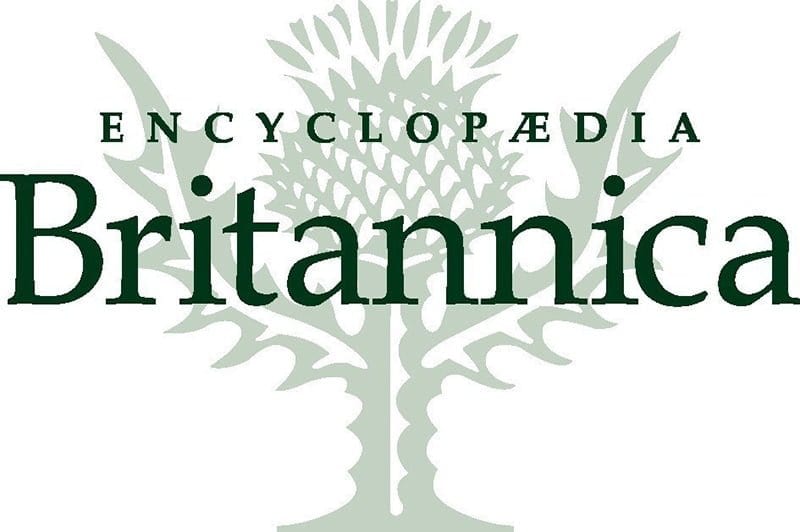If you are struggling with determining which of your internet search results contain accurate and trustworthy information? Then Encyclopaedia Britannica may have the answers you are looking for
The Encyclopaedia Britannica Group today announced Britannica Insights, a free Chrome browser extension that enables searchers to cut through the noise on the internet and provide trusted and verified information at the top-right corner of their search results page.
“For 250 years, Britannica has defined what it means to provide trusted and verified information,” said Karthik Krishnan, global chief executive officer of the Britannica Group. “With the addition of this latest extension, Britannica Insights will make it easier for everyone from kids to curious adults to professional researchers to find trustworthy results faster. Now more than ever, how we discover information matters.”
Britannica Insights is available for download at http://britannica.com/insights and delivers on the promise, “Save time. Learn more. Be sure.” Watch the video here. Britannica Insights works with major search engines – Google, Bing, Yahoo, and others – on the Chrome browser.
A serious problem, Krishnan noted, is that most web searchers stick to the top 5-10 results they get and walk away with an answer that may not be accurate. He pointed to four factors, which together explain why finding credible information is getting harder:
- Current search engine algorithms are not yet advanced enough to differentiate between credible and plausible information.
- Searchers click beyond the first page less than five percent of the time to look for more credible information that may be buried in back pages.
- On user-generated content sites an answer could be right today and wrong tomorrow because of warring factions trying to slant information to benefit their own agendas.
- On social media it is hard to discern whether the information is coming from verified sources.
Britannica Insights, powered by the world’s largest verified semantic general-reference dataset, surfaces unique relationships and uncommon insights. This capability enables Encyclopaedia Britannica to derive interesting relationships that are not directly encoded but can be logically derived from facts. For example:
- A search on “climate change” presents both quick facts as well as a “deep dive” into coverage of climate change through geologic time and the impact of climate change on rivers, glaciers and icebergs.
- A search on Barack Obama brings up not only a basic overview of his life and presidency but also deeper coverage of his role in historical events such as the Syrian Civil War.
Britannica Insights is the latest resource in the Encyclopaedia Britannica toolbox. Another recently launched initiative, Demystified, provides engaging and revealing answers to commonly asked questions such as: What’s the difference between veins and arteries? How does the U.S. Electoral College work? Does listening to Mozart in the womb really make babies smarter? Britannica also makes it easier for young learners and non-native English speakers to look up word definitions without leaving the page by linking hard words to definitions from Merriam-Webster, a sister company.
“The first sentence on the first page that Britannica published in 1768 says, ‘Utility ought to be the principal intention of every publication,’ and this imperative to meet the user’s needs is more important today, in the digital world, than ever before. The media we work in may have changed, but our mission has not,” said Krishnan.
Source PR Newswire

